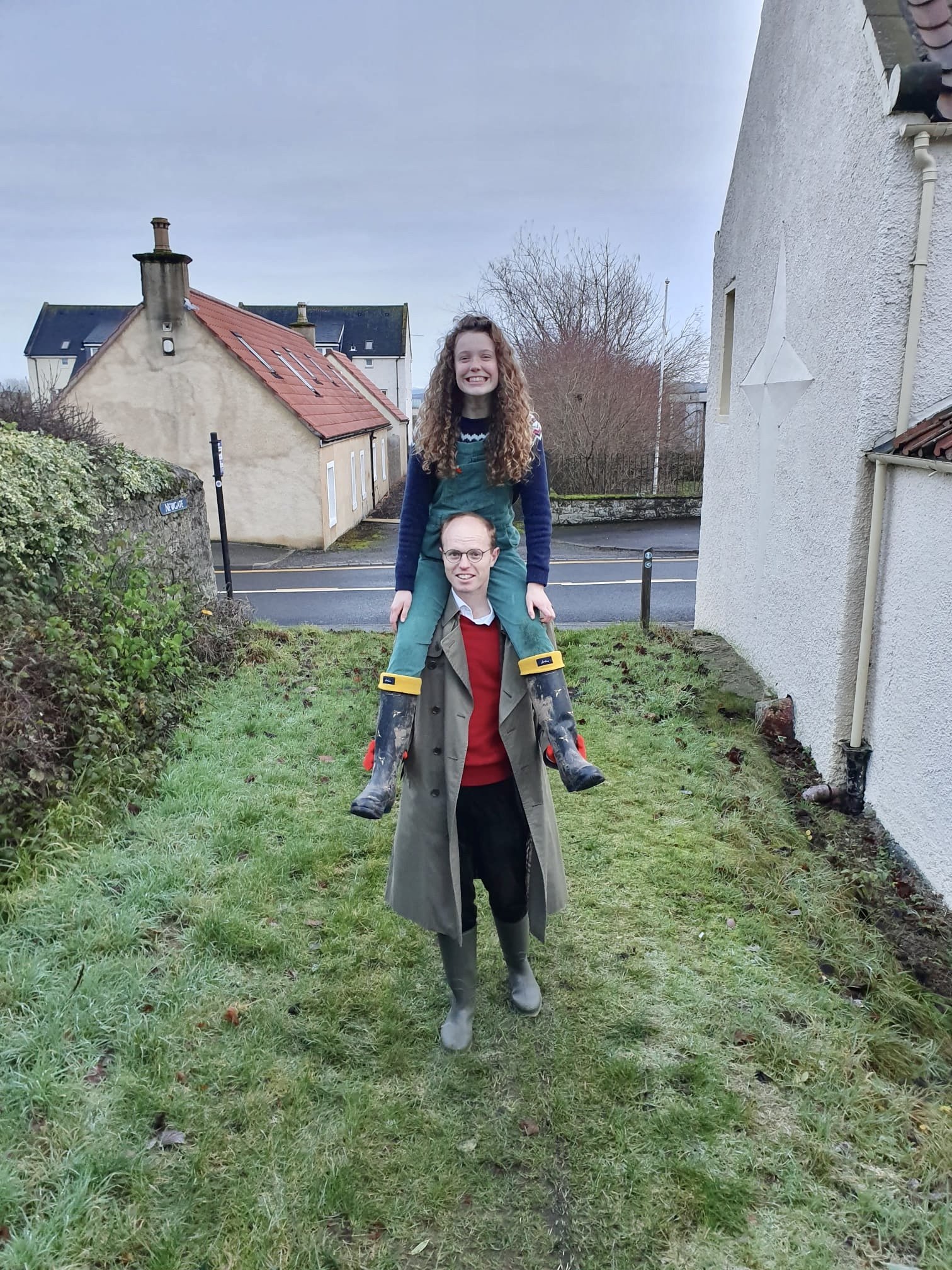Notes on Rage
Four years ago at Christmas my 9-year-old cousin Emma entered a discussion about eating meat.
“We should eat the criminals,” she said
“I’m sorry Emma, what was that?” I replied with a splutter.
Emma’s small fists balled, her jaw set. Eyes flashing, her face flushed, she explained:
“You want to eat meat but you pick on animals who have no say whether they get eaten, can’t defend themselves, and should be left alone. Criminals have committed crimes: they chose to do so. If you eat them, you get to have meat and the creatures will go in peace.”
A hush fell upon the table. A chipolata wrapped in bacon fell from my Auntie Stella’s open mouth. I too was struck. Emma’s logic was hard, narrow, and powerful – like water freezing in a crevice. Her argument, a chilling redux of Jonathan Swift’s A Modest Proposal (1) (in which Swift suggested that Ireland reduce poverty by butchering the children of the Irish poor and selling them to English landlords as food) did not win the day. But I was impressed by her conviction, and by the quality of her rage.
Rage is an old and human thing. Homer’s Iliad begins:
“Rage–Goddess, sing the rage of Peleus' son Achilles, murderous, doomed, that cost the Achaeans countless losses (2)”.
Rage is hot-breathed, a dull thud in the blood. There is a seething tingle in the limbs, a tautness of jaw. There is a roar inside oneself. It moves men to protest, to gnash teeth, to shed blood.
In my case it is the tongue that cuts. In the flow of anger I become like Rip Van Winkle’s wife:
“A tart temper never mellows with age, and a sharp tongue is the only edged tool that grows keener with constant use (3)”.
Knowing fury, I could sympathise with Emma’s. But I was troubled by the inhumanity of her idea – cannibalism – coming from one whose waist-length corkscrews of fair hair wave as she runs down the lane to help her neighbour with lambing each Spring. She looks innocent enough, but Emma is thrawn (4) like her grandmother: intractable, unyielding, fierce. Still, I thought, she needn’t be brutish.
I wondered: what must it feel like to be bright and very young in a world in which so much is dying? I realised: if I were her I would be furious too.
When rage pairs with fear it turns to hate. But when rage pairs with hope it moves us to courage (5). Thus anger is morally neutral, a mere fact of the world: like the Frank–Starling Law of the heart, Müllerian mimicry, photosynthesis and empanadas.
Emma and Adam
I thought of what I could do to help Emma respond in a more human way to the changing earth. I began sharing articles and asking for her thoughts. In response to a review of Rachel Carson’s Silent Spring (6) she noted:
“Many people underestimate the impact that an equal ecosystem has on everything. Humans are not very good at learning from their ancestors in the sense that we keep wondering why another virus has come along. Intensive farming and wild animal interference are linked to new pandemoniums. This is a good thing to know so we can stop two massive problems at once by adopting plant-based diets.”
Her syntax may be peculiar, but her responses are clearer than some of my graduate school classmates.
Emma no longer advocates for human cannibalism. She has begun to speak of others as she would hope to be treated. She remains determined to do better for those without voices. She wrote a poem recently:
“I start thinking as I pick up my pen
In circles, continuously, we float round and round –
Thud here’s my fist with an all-resounding pound
How can’t they see their actions have value?
Pretending the next age will come to the rescue
[…]
Though I can feel the earth’s steady heart beat
And I understand how to stop the increasing heat
Yes – it’s not just them it’s you and I
And together we can reach the sky.”
Her twenty-four lines run with outrage at adults who fail to care for the world, but also with determination that change for the better is possible. It will be printed in an anthology of poetry by children this Spring.
We might all make more constructive use of our anger and our gifts. Our efforts will mostly pass unheeded, since they will be local and will begin at small-scale. But we should not need acclaim. For we should know that keeping the game of life alive is victory itself, as is maintaining respect for the dignity not only of the proud in their finery but of all people, all the rivers, all the trees, all the creatures – the living, the dead, and the yet to become.
By Adam Boggon HSPH MPH ‘23 and CLP member 2022-2023. And Emma Boggon, aged 13, attends Mackie Academy in Stonehaven, Scotland.
Adam Boggon is a doctor and a freelance writer based in London. He was a Fulbright scholar at the Harvard School of Public Health, bringing seven years of clinical experience from across Scotland, London and The Gambia. He aims to help the National Health Service operate more sustainably.
1. Swift, Jonathan, 1667-1745. A Modest Proposal. The Norton Anthology of English Literature, 2000.
2. Homer. The Iliad. Translated by Robert Fagles, Penguin Books, 1998.
3. Irving, Washington, 1783-1859. Rip Van Winkle. Penguin Books, 2016.
4. Thrawn, adjective. Scots term for obstinacy.
5. This observation derives from a conversation with Marshall Ganz at the Climate Leaders Program for Professional Students at Harvard on February 9, 2023. It is not my original thought.
6. Ferdowsian, Hope. ‘Silent Spring’ still holds lessons for keeping the planet, and ourselves, healthy. Harvard Public Health, 2023.


